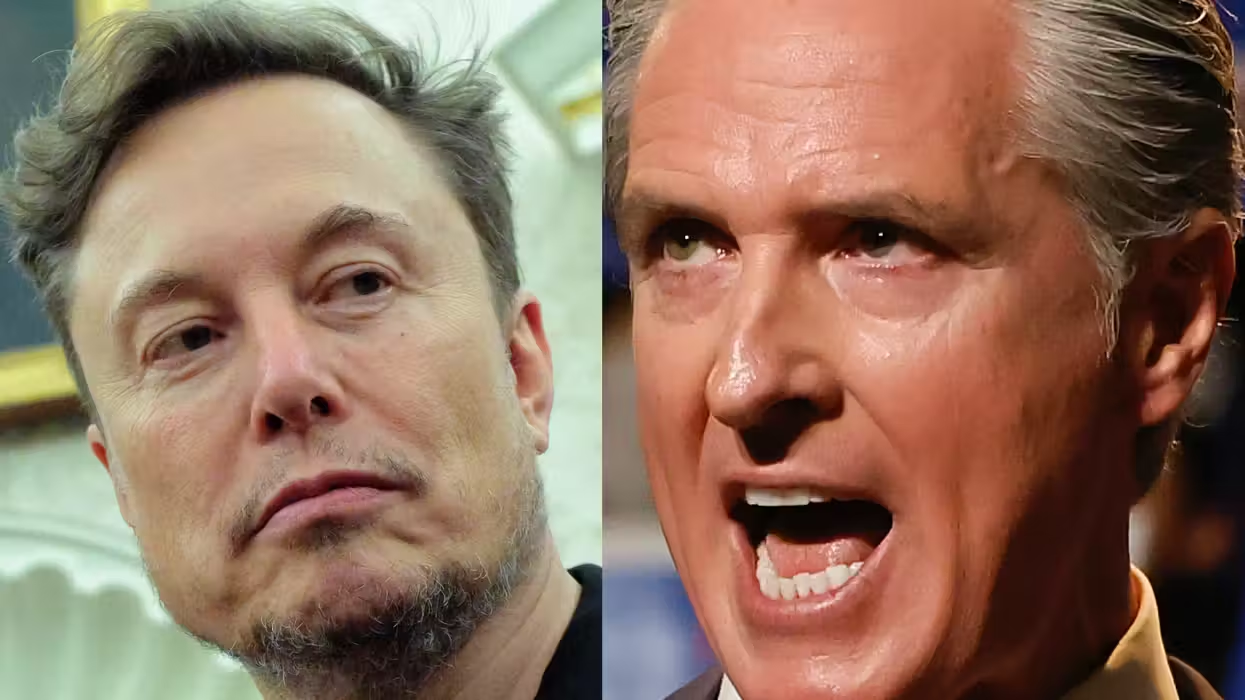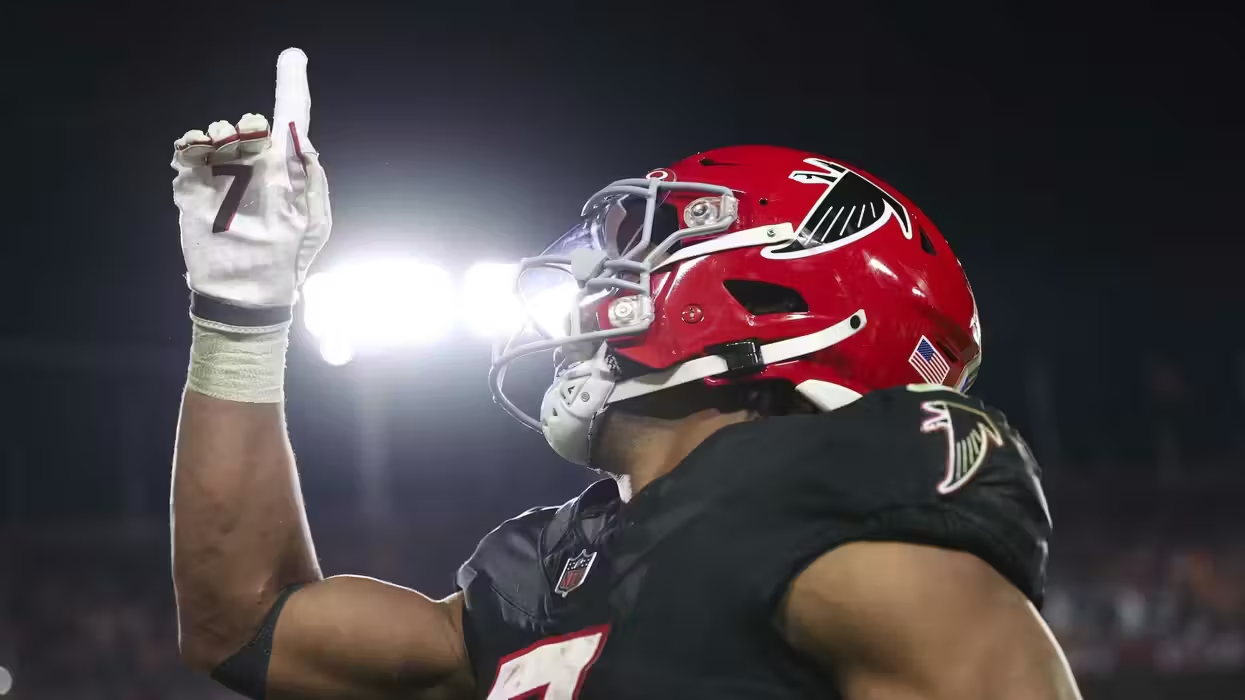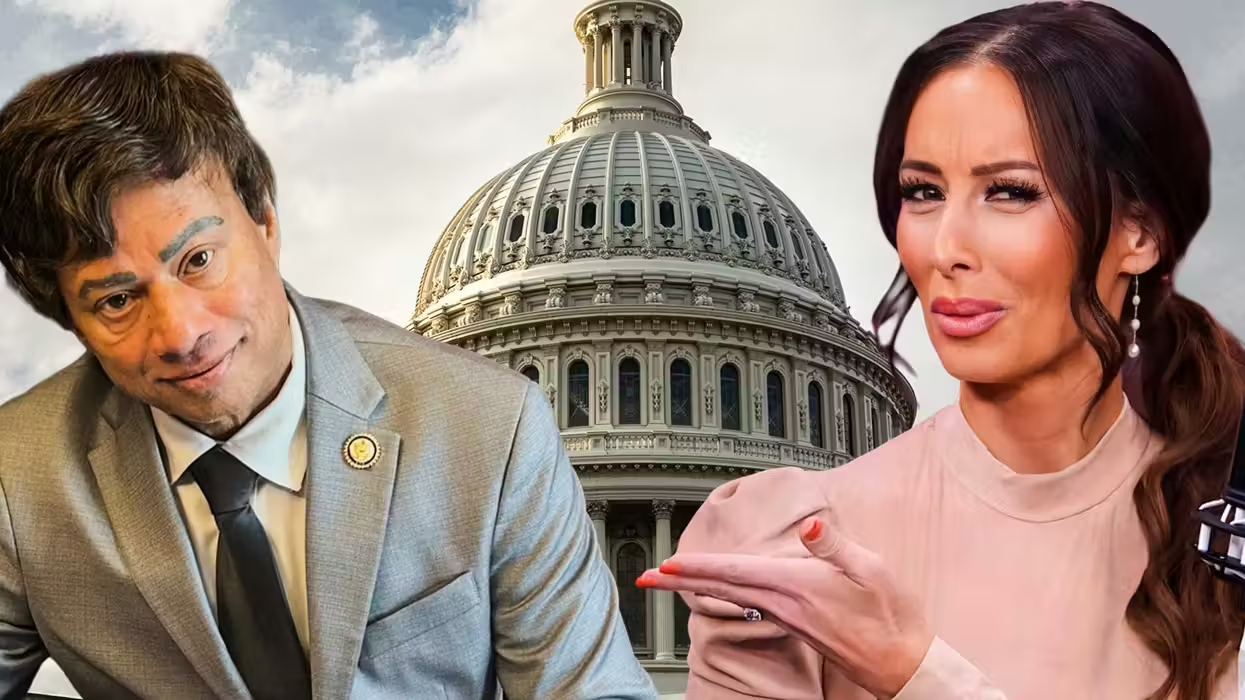An American Civil Liberties Union internal document provides guidelines on what free-speech cases the organization should accept — and the impact on liberal causes is a major factor in that decision-making process, the Wall Street Journal reported.
"ACLU Case Selection Guidelines: Conflicts Between Competing Values or Priorities" was drawn up after the Virginia ACLU at first "rightly represented" organizers of last year's white-supremacist rally in Charlottesville — when the city tried to deny them a permit to assemble — and then "reconsidered its obligation" to represent the group, Wall Street Journal op-ed writer Wendy Kaminer, a former ACLU board member, noted.
The document states that while the ACLU "is committed to defending speech rights without regard to whether the views expressed are consistent with or opposed to the ACLU’s core values, priorities and goals," it also could decline taking free-speech cases if doing so “may assist in advancing the goals of white supremacists or others whose views are contrary to our values.”
What else does the document say?
The ACLU document says the group is "determined to fight racism in all its forms" as well as "bigotry and oppression against other marginalized groups, including women, immigrants, religious groups, LGBT individuals, Native Americans, and people with disabilities." Further, the document states that "the ACLU understands that speech that denigrates such groups can inflict serious harms and is intended to and often will impede progress toward equality."
But the very next paragraph says the ACLU "is also committed to freedom of speech and peaceful protest embodied in the First Amendment" — which are "human rights" that "extend to all, even to the most repugnant speakers — including white supremacists — and pursuant to ACLU policy, we will continue our longstanding practice of representing such groups in appropriate circumstances to prevent unlawful government censorship of speech."
The document also quotes the ACLU board's insistence that "although the democratic standards in which the ACLU believes and for which it fights run directly counter to the philosophy of the Klan and other ultra-right groups, the vitality of the democratic institutions the ACLU defends lies in their equal application to all."
What about taking free-speech cases for groups the ACLU doesn't agree with?
The document notes that "a decision by the ACLU to represent a white supremacist group may well undermine relationships with allies or coalition partners, create distrust with particular communities, necessitate the expenditure of resources to mitigate the impact of those harms, make it more difficult to recruit and retain a diverse staff and board across multiple dimensions, and in some circumstances, directly further an agenda that is antithetical to our mission and values and that may inflict harm on listeners."
But the ACLU also realizes that "not defending fundamental liberties can come at considerable cost," the document says. "If the ACLU avoids the defense of controversial speakers, and defends only those with whom it agrees, both the freedom of speech and the ACLU itself may suffer."
What did Kaminer have to say about the internal document?
Kaminer asked in her op-ed, "Where is the comparable set of guidelines explaining when the ACLU should decline to defend gay-rights claims that infringe on religious liberty or women’s-rights cases that infringe on due process?"
"The speech-case guidelines reflect a demotion of free speech in the ACLU’s hierarchy of values," she added. "Their vague references to the 'serious harm' to 'marginalized' people occasioned by speech can easily include the presumed psychological effects of racist or otherwise hateful speech, which is constitutionally protected but contrary to ACLU values. Faced with perceived conflicts between freedom of speech and 'progress toward equality,' the ACLU is likely to choose equality. If the Supreme Court adopted the ACLU’s balancing test, it would greatly expand government power to restrict speech."
Kaminer also noted that organizations like the ACLU should announce such guidelines "openly."
"The ACLU leadership had apparently hoped to keep its new guidelines secret, even from ACLU members," she wrote in her op-ed, adding that her source said ACLU "leadership is now investigating the 'leak' of its new case-selection guidelines. President Trump might sympathize."
What did the ACLU have to say about the internal document?
David Cole, the ACLU's legal director, penned a response to Kaminer's piece calling it "predicated on a fundamental misrepresentation. She falsely accuses the ACLU of having secretly changed its policy regarding free speech — and of launching an investigation to determine who 'leaked' the 'secret' document that she claims reveals this asserted change in policy. In fact, the ACLU remains fully committed to defending free speech as the document she cites — our guidelines for case selection — expressly reaffirms. That document does not change our longstanding policies and has never been secret."
Cole added in his response that "nothing in the guidelines supports Kaminer’s claim that 'free speech has become second among equals'" at the ACLU, and that the organization "will continue to represent those expressing offensive and harmful views, but we ... also insist on our right to condemn a speaker’s views even as we defend the right to express them."
More from Cole's response:
And if you don’t believe our words, judge us by our acts. We represent Milo Yiannopoulos in a suit against the Washington, D.C. Metro system for suppressing ads for his book. We are defending a student group in San Diego that was penalized for publishing a satire of “safe spaces” that some students and faculty deem offensive. We disagree sharply with those who engage in terrorism, criminal activity, homophobic or racist speech, or attempts to dissuade women from obtaining abortions. Yet we have defended the constitutional rights of terrorists, criminals, anti-gay and racist bigots, and right-to-life advocates. We don’t burn flags, but we defend the rights of those who do. Indeed, we’ll even defend Kaminer’s right to criticize the ACLU. But we do wish she’d get the facts straight.
You can read the entire ACLU document here.
This story has been updated.







